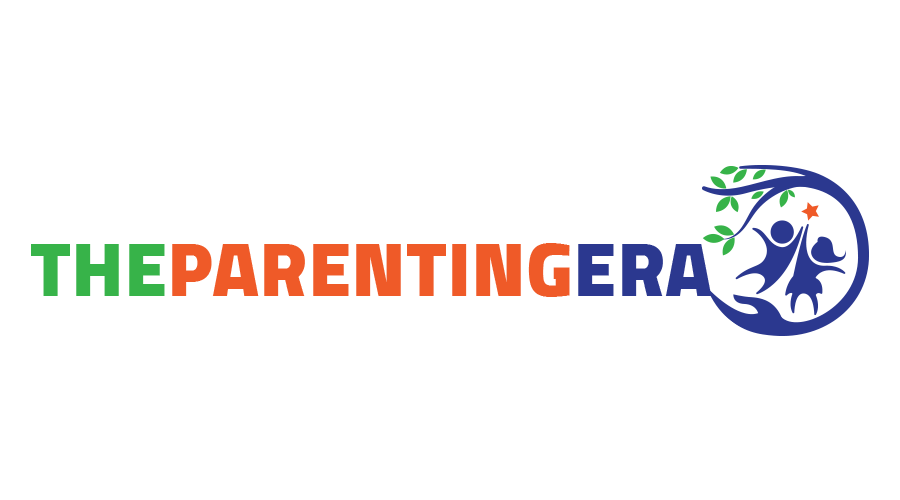When life changes, parenting plans often need to change with it. A job relocates. A child’s needs shift. A schedule no longer works. But not every change has to lead you straight to the courtroom. In fact, for many cooperative parents in Alabama, there’s another way forward: mediation and out-of-court modification.
Local family law attorneys believe in helping families find the most peaceful and practical solutions possible. Court is sometimes necessary—but it’s not always the first step. Let’s explore how you and your co-parent can work together to update custody or support agreements without the stress of a courtroom battle.
What Is Mediation in Family Law?
Mediation is a guided conversation. It brings both parents together—with the help of a neutral third-party mediator—to talk through changes and come up with a plan that works for everyone, especially the child.
Unlike a courtroom, where a judge makes the decision, mediation allows parents to stay in control. You and your co-parent decide what makes sense for your family, and the mediator helps keep things respectful, productive, and focused on solutions.
In Alabama, mediation is often encouraged before or during family court proceedings. But you can also choose to try mediation before you ever file a motion. It’s especially helpful when:
- Both parents agree that a change is needed
- You want to preserve a cooperative relationship
- You’re seeking flexibility instead of a rigid court order
- You’d rather solve the issue privately and affordably
Common Situations Where Mediation Works
Mediation isn’t a one-size-fits-all approach, but it’s incredibly effective in many real-world situations. Some common examples include:
- Adjusting parenting time as kids grow
Maybe the schedule worked when your child was in elementary school, but now they’re involved in sports or need more stability with homework. Mediation can help you and your co-parent update the plan without starting from scratch. - Sharing new expenses
A child might need therapy, braces, tutoring, or extracurricular activities that weren’t part of the original agreement. Mediation gives you a space to talk openly about how to handle costs without assigning blame. - Accommodating work changes
If one parent’s work schedule shifts, or a new job impacts pick-up and drop-off times, mediation can offer flexible adjustments instead of forcing someone to violate a court order. - Introducing travel or relocation
When a move is on the table—whether across town or across the state—it’s better to discuss it early and openly. Mediation helps each parent voice their concerns and work toward shared solutions.
Why Parents Choose Mediation First
Choosing mediation doesn’t mean you’re weak—it means you’re wise. Here’s why many Alabama parents prefer to start with out-of-court solutions:
- It’s faster and less expensive than litigation
- It’s private, not part of public court records
- It helps preserve goodwill between parents, especially important if you’ll be co-parenting for years to come
- It puts the child first, instead of forcing them to watch their parents fight over details
Mediation can be used even after court orders are in place. If both parents are on board, you can mediate a new agreement and submit it to the court for approval, turning it into an enforceable modification—without ever setting foot in a hearing room.
What Happens If Mediation Fails?
Of course, not every mediation ends with a signed agreement. Sometimes the differences are too big—or one parent isn’t acting in good faith.
If that’s the case, mediation isn’t wasted time. You’ve likely clarified your concerns, gathered important documentation, and narrowed the scope of the disagreement. That makes any future court case more focused and productive.
And in some situations, mediation is required before a judge will hear a custody or support modification case. So even if it doesn’t work, it still moves you forward.
How to Know If Mediation Is Right for You
Mediation works best when:
- There’s basic trust between both parents
- Each side is open to compromise
- The child’s best interest is truly the goal
- You’re hoping to avoid escalation or long-term resentment
If the other parent has a history of manipulation, abuse, or legal intimidation, mediation may not be the right fit. That’s when a strong court strategy—with the right legal support—matters most.
But for many parents who simply want to adjust, adapt, and move forward peacefully, mediation is a powerful tool.
Final Thought: Peaceful Doesn’t Mean Passive
Working together doesn’t mean giving in. Mediation gives both parents a chance to be heard, understood, and part of the solution.
And if you’re not sure where to begin—or if you need someone to guide you through the process—The Harris Firm is here to help. Whether you’re mediating a modification or preparing for court, we’ll help you protect your child’s needs and your parenting peace, every step of the way.


